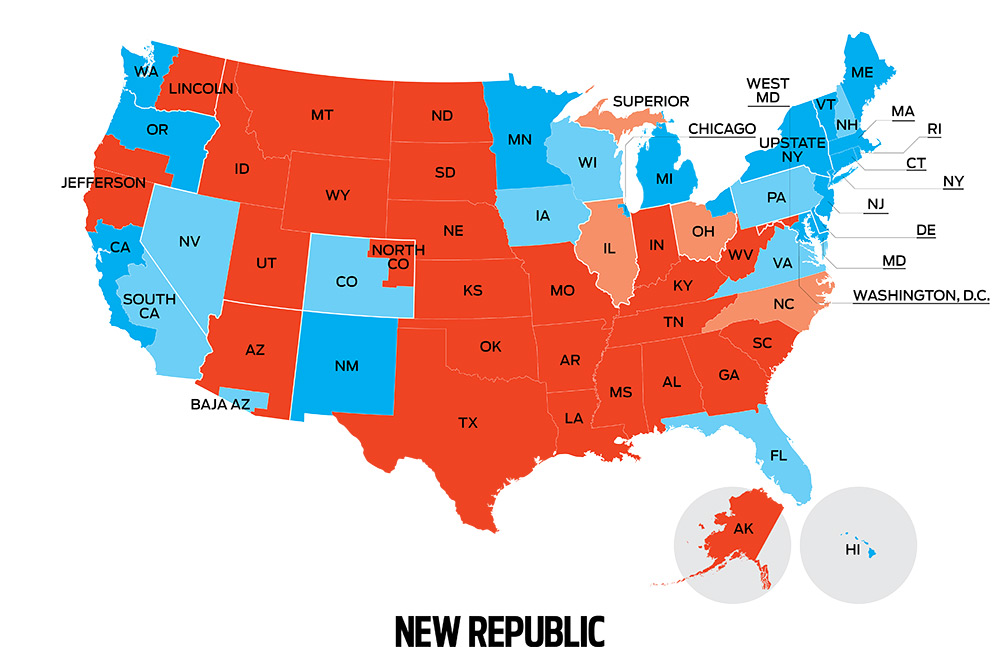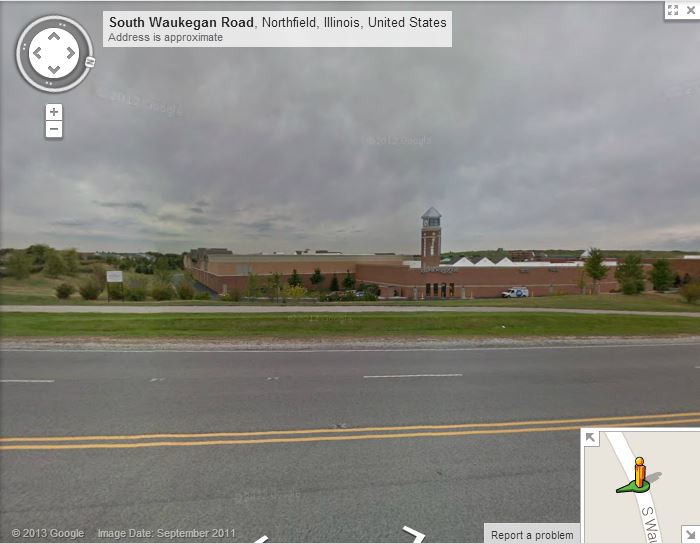Jakob Nielsen's company has written a detailed analysis of how the Federal Health Exchange screwed up usability:
The HealthCare.gov team has suffered what most web professionals fear most: launching a broken web application. This is particularly harrowing given the visibility of the website in question. The serious technical and data issues have been covered extensively in the media, so we won’t rehash those. Instead, in this article we focus on how to improve the account setup process. This is a user experience issue, but fixing it will also alleviate the site's capacity problems.
Account Set-up Usability is Mission Critical
Account setup is users’ first taste of a service. A suboptimal account setup can spawn 3 problems:
- Increased service cost: When people can’t self-service online and you have no competitors, they call you. Call-center interaction is more expensive than web self-service. In 2008, Forrester estimated call-center calls to cost $5.50 per call versus 10 cents for a user who self-services online.
- Increased cognitive strain: The instructions for creating usernames and password in this flow (which we address further along in this article) require a great deal of concentration, and if users don’t understand the instructions, they will need to keep creating usernames and passwords until they are accepted.
- Halo Effect: Account setup is the first in a series of web-based interactions that users will need to conduct on HealthCare.gov. A poor experience with this first step will impact how people feel not only about subsequent interactions with the site, but how they feel about the service in general and the Affordable Care Act as a whole.
The discussion around our office hinges on two things other than usability: first, give us $2 million (of the $400 million they actually spent) and we'll build a much better site. Second, the biggest problems come from the insurance companies on the back end. Users don't care about that; they just want to get health insurance. As Krugman says, though, there really wasn't a way to get the insurance companies out of the equation, and that, more than anything, is the foundation of all these other problems.
Once again, here's a list of things I'm sending straight to Kindle (on my Android tablet) to read after work:
Back to work. All of you.
Ezra Klein eviscerates the GOP:
On Tuesday, Rep. Paul Ryan became the latest Republicans to call for HHS Secretary Kathleen Sebelius to step down because of the Affordable Care Act's troubled launch. "I do believe people should be held accountable," he said.
Okay then.
How about House Republicans who refused to appropriate the money the Department of Health and Human Services said it needed to properly implement Obamacare?
The GOP's strategy hasn't just tried to win elections and repeal Obamacare. They've actively sought to sabotage the implementation of the law. They intimidated the people who were implementing the law. They made clear that problems would be exploited rather than fixed. A few weeks ago, they literally shut down the government because they refused to pass a funding bill that contiained money for Obamacare.
I actually do think Sibelius should resign. If this were the UK, she would have done. She can spend a year in the weeds getting speaking engagements or consulting somewhere, then return to politics in a year. At least she would have taken some responsibility.
But the rest of the GOP's shrieking about Obamacare is just ridiculous. Klein is right: these guys have chutzpah.
I am agog at a bald impossibility in the New York Times' article today about the ACA exchange:
According to one specialist, the Web site contains about 500 million lines of software code. By comparison, a large bank’s computer system is typically about one-fifth that size.
There were three reporters in the byline, they have the entire Times infrastructure at their disposal, and still they have an unattributed "expert" opinion that the healthcare.gov codebase is 33 times larger than Linux. 500 MLOC? Why not just say "500 gazillion?" It's a total Dr. Evil moment.
Put in other terms: it's like someone describing a large construction project—a 20-story office building, say—as having 500 million rivets in it. A moment's thought would tell you that the mass of 500 million rivets would approach the steel output of South Korea for last month.
The second sentence is nonsense also. "A large bank's computer system?" Large banks have thousands of computer systems; which one did you mean? Back to my example: it's like comparing the 500-million-rivet office building to "a large bank's headquarters."
I wouldn't be so out of my head about this if it weren't the Times. But if they can't get this right, what hope does any non-technical person have of understanding the problem?
One last thing. We, the people of the United States, paid for this software. HHS needs to disclose the source code of this monster. Maybe if they open-sourced the thing, they could fix it faster.
Nate Cohn draws the map of these 61 United States:
What would happen if all of them succeeded? Each new state would get two senators and its share of electoral college votes. We ran the numbers and recalculated the 2012 presidential race.
In this bizarro United States, the GOP would have a structural advantage in the expanded Senate, and Barack Obama would have had a tighter fight against Mitt Romney in the electoral college (which he won, in reality, 332–206).

Of course, Cohn assumes that once the states seceded from their parent states—unlikely, in cases where the new states would reverse the existing state's party affiliation—the other states would let them in.
It's an interesting statistics issue, but alas, we're stuck with Texas and the rest of the former slave states that want to re-litigate Article IV.
Northbrook, Ill., has always been a suburb. Until the end of the last century, no one had developed large hunks of the village, because two entities controlled several square kilometers of land around it. One entity, the U.S. Navy, operated an air station until 1994; the other, the Catholic Church, had a smallish farm, a convent, and a dairy barn well into the 1990s, and still owns Techny Towers, a religious retreat.
A conversation with a friend this week turned to a discussion of the Whole Foods Market at Willow and Waukegan Roads. So I dug out this photo from May 1985:

That's from the west edge of Waukegan Road, about 150m north of Willow, looking almost due west. Here's what it looks like today:

Notice that we can only see the backs of the stores from the road. All the storefronts point inward, to the parking lot. This is exactly the horror Andres Duany described in his 2000 book Suburban Nation.
When I was a kid, I looked at that huge field and imagined a college. It could have been combined with the land north of Techny Road into a neighborhood of medium-sized houses, with transit links along Waukegan and Willow. Hell, it could have been nearly anything.
Nope. Faced with 500 hectares of farmland in 2003, all the developers could see was an automobile-centric shopping plaza. The air station? Same thing. The Glen at least has a few dozen hectares of prairie preserve and a single transit stop that no one can really walk to. Otherwise, the whole redevelopment shows a staggering lack of imagination or forward thinking.
Tuesday night, after the House of Representatives approved the deal ending the government shutdown, the House Stenographer...well, she added some commentary of her own:
As the House finished their vote to reopen the federal government and raise the debt ceiling, a House stenographer decided it was a good time to let everyone know her feelings about God, Congress, and the Freemasons.
“He [God] will not be mocked,” the stenographer, apparently named Molly, yelled into the microphone as she was dragged off by security. “The greatest deception here is that this is not one nation under God. It never was. It would not have been. The Constitution would not have been written by Freemasons. They go against God. You cannot serve two masters. Praise be to God. Praise be to Jesus.”
In unrelated news, if anyone wants to hire a slightly-unhinged but quite pious stenographer, I know of one who's on the market.
Via Sullivan, Reuters' John Judis points out Thursday's deadline doesn't matter:
The best way to look at this, I think, is that there’s a spectrum of default severities. At one end, you have the outright repudiation of sovereign debt, a la Ecuador in 2008; at the other end, you have the sequester, which involves telling a large number of government employees that the resources which were promised them will not, in fact, arrive. Both of them involve the government going back on its promises, but some promises are far more binding, and far more important, than others.
Right now, with the shutdown, we’ve already reached the point at which the government is breaking very important promises indeed: we promised to pay hundreds of thousands of government employees a certain amount on certain dates, in return for their honest work. We have broken that promise. Indeed, by Treasury’s own definition, it’s reasonable to say that we have already defaulted: surely, by any sensible conception, the salaries of government employees constitute "legal obligations of the US."
While debt default is undoubtedly the worst of all possible worlds, then, the bonkers level of Washington dysfunction on display right now is nearly as bad. Every day that goes past is a day where trust and faith in the US government is evaporating — and once it has evaporated, it will never return. The Republicans in the House have already managed to inflict significant, lasting damage to the US and the global economy — even if they were to pass a completely clean bill tomorrow morning, which they won’t. The default has already started, and is already causing real harm. The only question is how much worse it’s going to get.
Sullivan extends it:
It seems to me that if the House GOP really does intend to destroy the American and global economy, to throw millions out of work, to make our debt problem far worse in a new depression … just to make a point about Obamacare, then at some point, Obama, like Lincoln, must preserve the republic.
But no president should ever want to take that position – because it represents the collapse of the American polity. But we are in collapse. If the House pushes the country into default this week, there is no workable American polity left. The most basic forms of collective responsibility will have been forsaken for almost pathological ideological purism and cultural revolt.
These people are crazy, truly crazy. Are we done giving them political power yet?
Two clients, both alike in dignity, yadda yadda yadda...so no time to read these yet:
Hello, "Read Later" button...